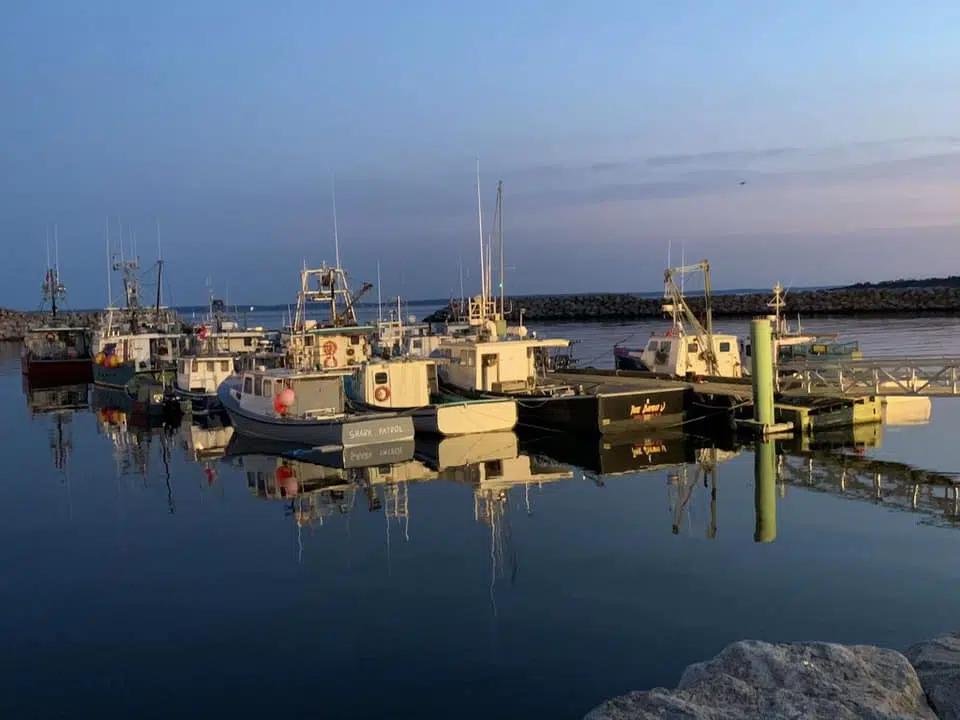A Nova Scotia First Nation has withdrawn a lawsuit against the federal government.
The Sipekne’katik band were seeking a declaration that the Fisheries Act didn’t apply to moderate livelihood fishing.
No reason was given for the decision on Friday, it comes as Chief Michelle Glasgow was set to appear in court Monday as part of discovery.
The band has been operating a self-regulated Treaty lobster fishery in St. Mary’s Bay for years.
The Unified Fisheries Conservation Alliance were awarded intervener status in the case, and they still want answers.
President Colin Sproul says the band’s claims will be tested in court.
“We have instructed our legal team at Cox & Palmer to trigger the action we filed asking the Nova Scotia Supreme Court to provide the clarity the commercial fishery has been seeking regarding moderate livelihood fishing”, Sproul said.
“And we are 100 percent moving forward on that as fast as possible. We will get final definition on what moderate livelihood rights mean, and more importantly, what they don’t mean,” he added.
Sproul is hoping the case will be in court this fall.
He calls the withdrawal a major victory, and an acknowledgement that out-of-season fishing is not a Treaty protected right.
“Every participant in the Maritime fishery needs to understand the rules, so that we can all move forward in a sustainable manner. I don’t expect to see illegal fishing activity in St. Mary’s Bay or St. Peter’s Bay this summer.”
Sproul adds the UFCA supports Treaty rights in the fishery, but they will defend that the minister is the sole regulatory authority, and that sustainability must come before politics.
Sipekne’katik launched the lawsuit against the government in 2021.










